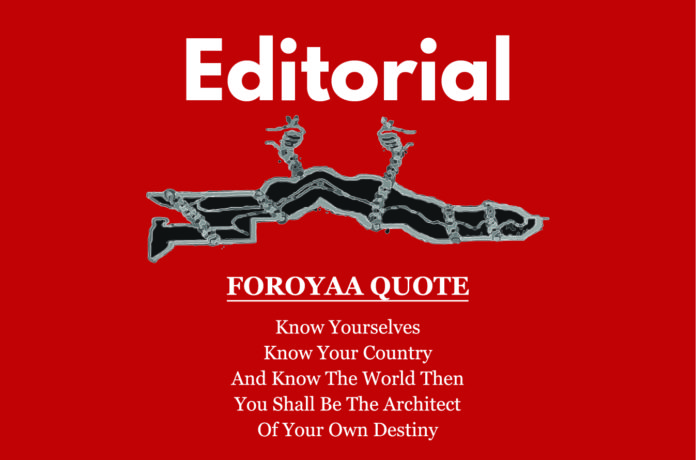How a nation is to deal with its past is a fundamental question that is now confronting the Gambian people. Events that happened 24 or 25 years ago are now given flesh and blood. They are sitting in our living rooms and bedrooms. We wake up with them and go to office with them. They occupy our conversations and court houses. New momenta are building on either side of the happenings.
We are moving but not exactly knowing where our steps are leading us to. Are we to put the past ahead of us or behind us? What either step could mean is not a subject of debate. Most people are becoming spectators, leaving the few to decide the fate of the many. The original agenda was to build a new Gambia that would accommodate all by ensuring that there is confession, repentance and forgiveness so that we could put the past behind us and face a more assured future of dialogue, consultation, conciliation and unity of purpose and direction.
The time has come for each Gambian to form an opinion on how the country is to deal with its past. Those who occupy the highest positions in the land should be the first to declare where the nation is heading to and how to get there. To lead is to know the why and how of development. We therefore hope that certainty would be brought by words of wisdom and assurances that we are not going to live the past again but that we will leave no one behind in our search and effort to bring about a new Gambia that each would be proud to call one’s homeland.



















